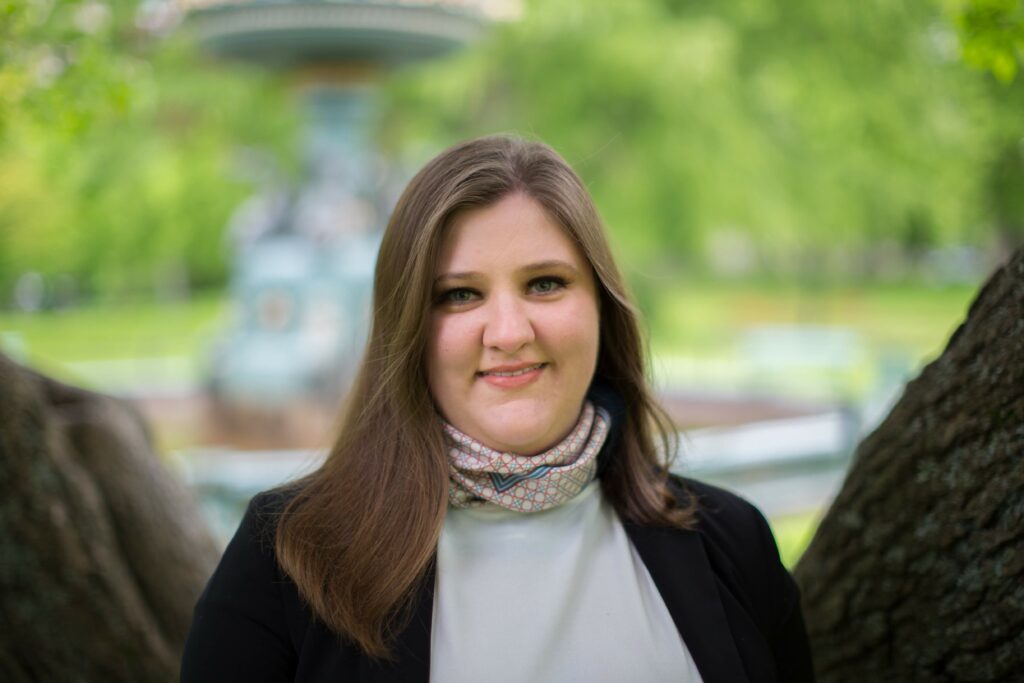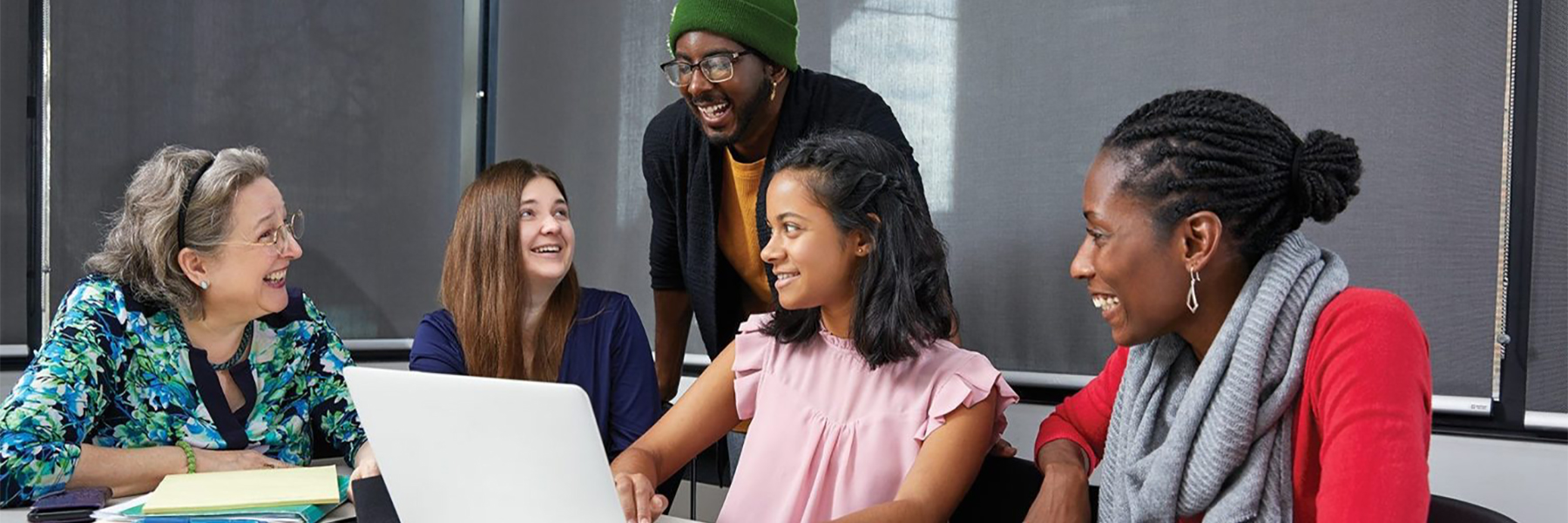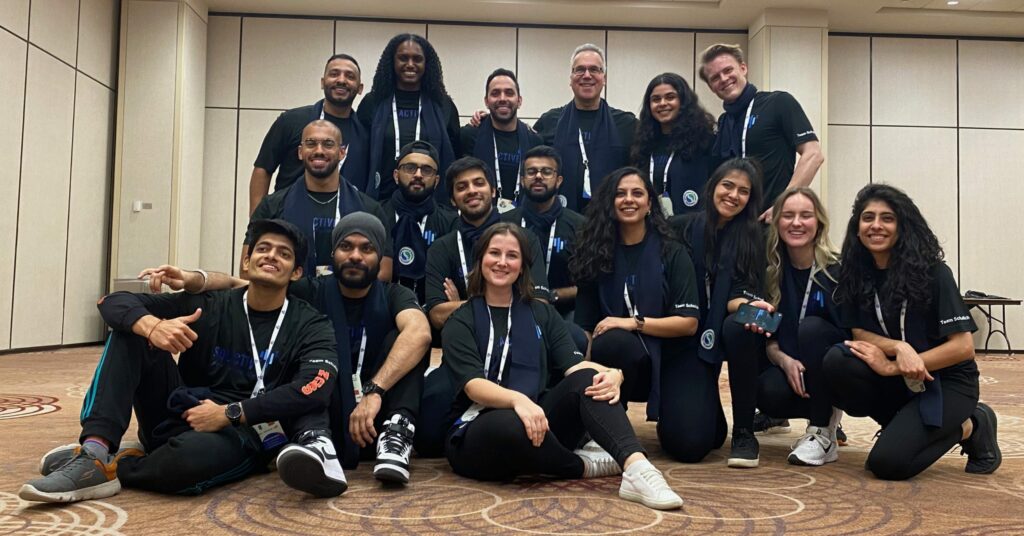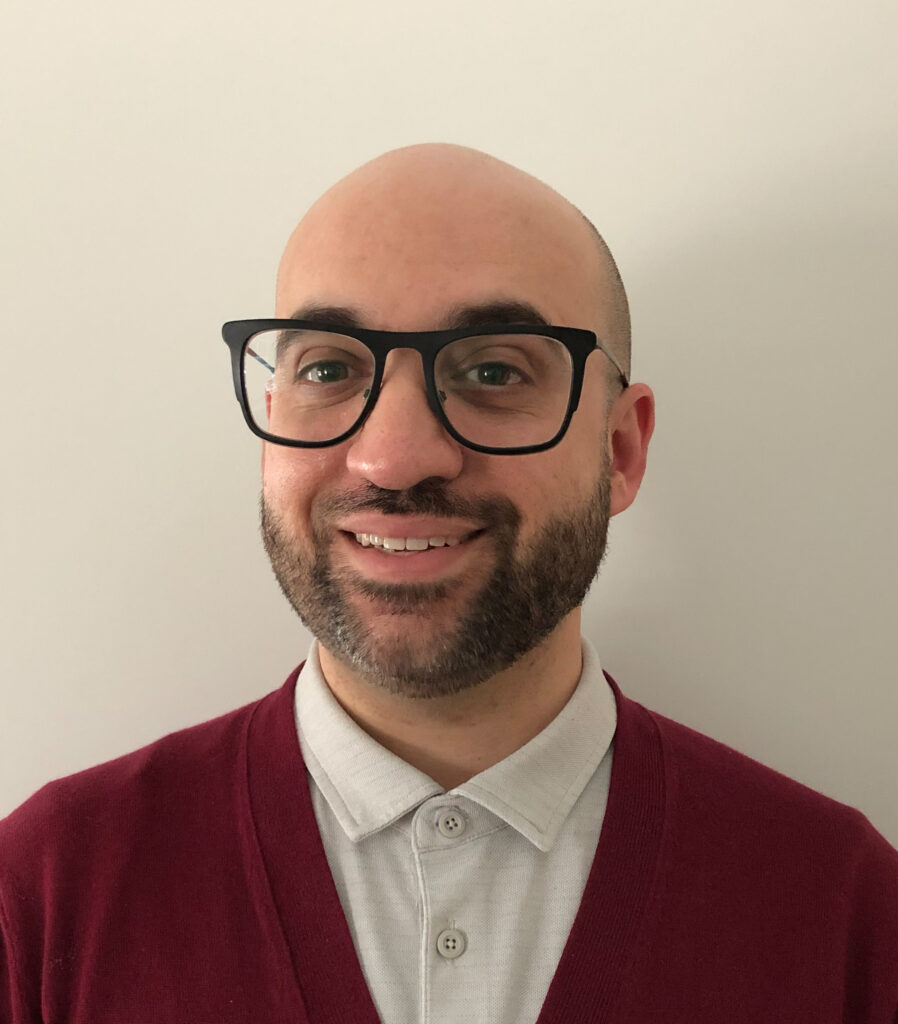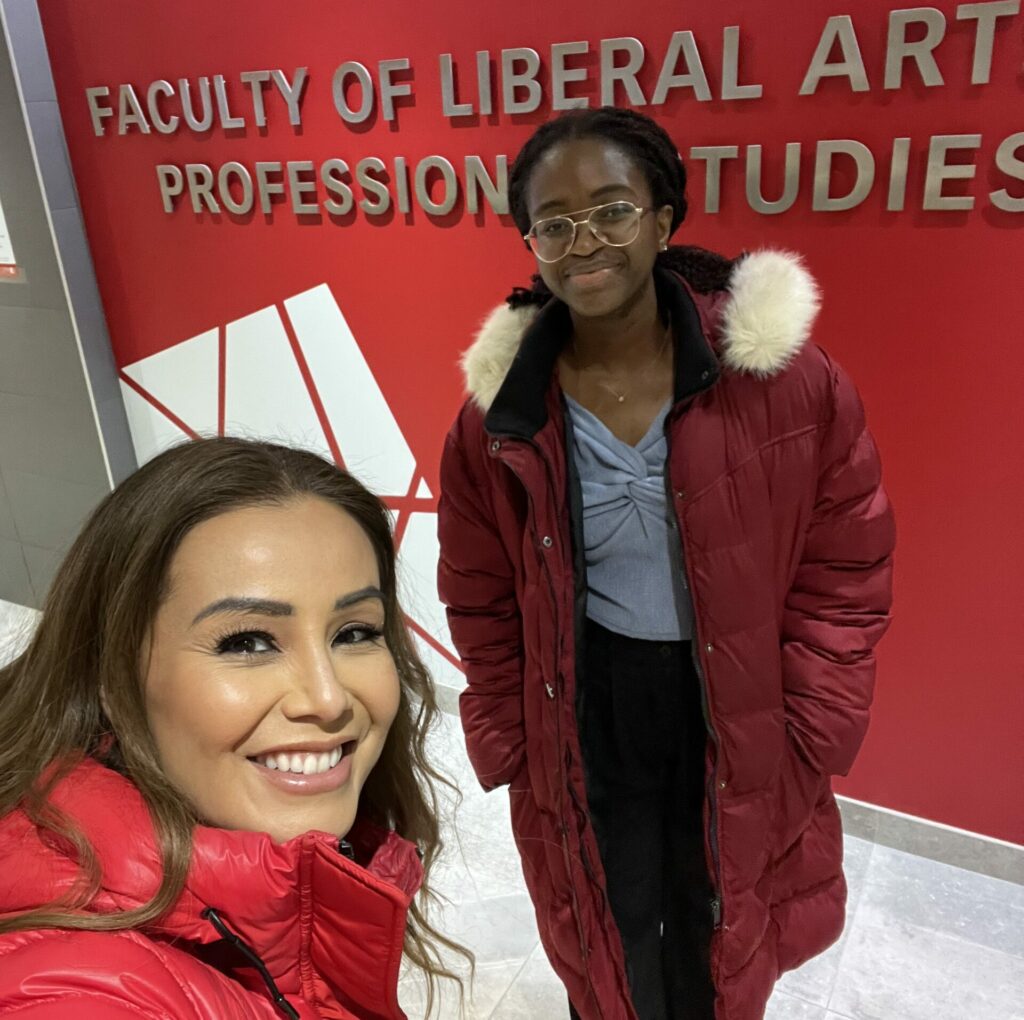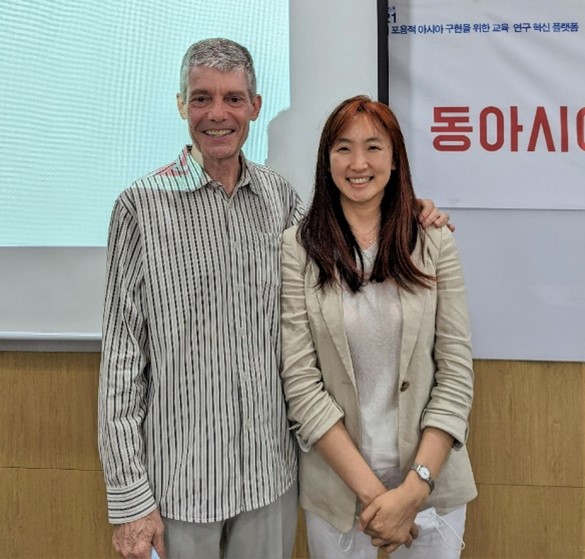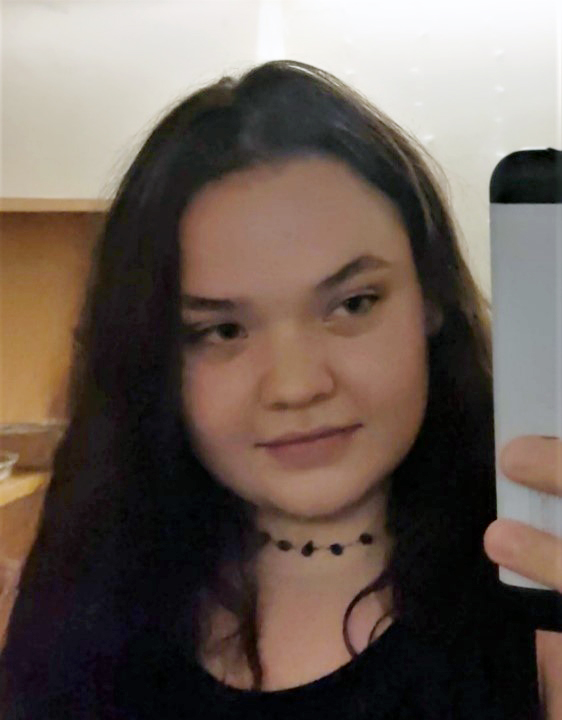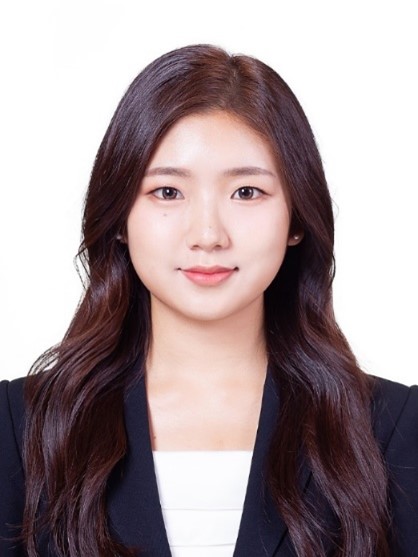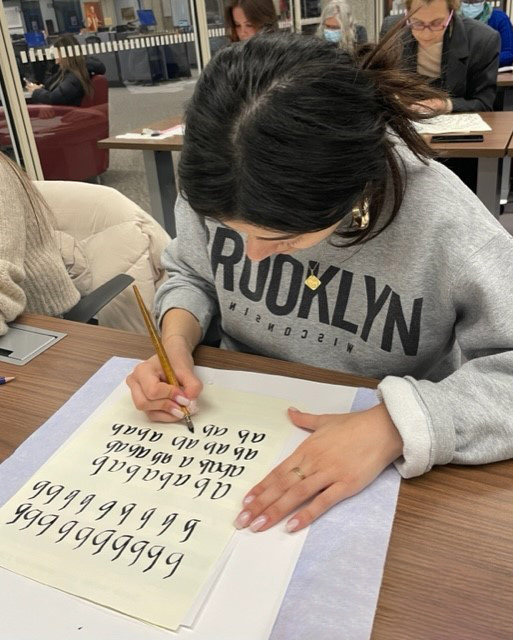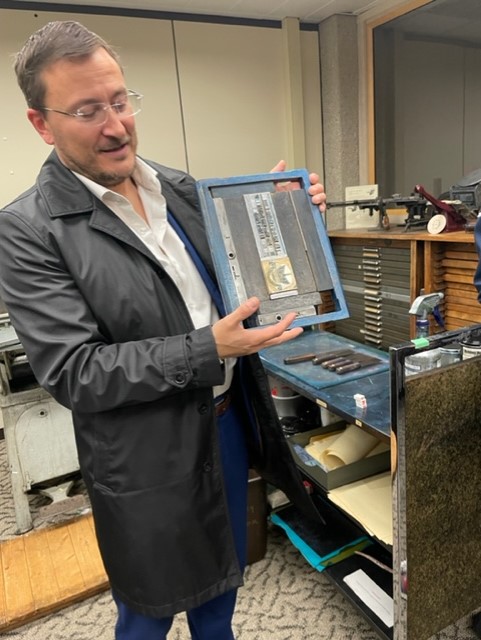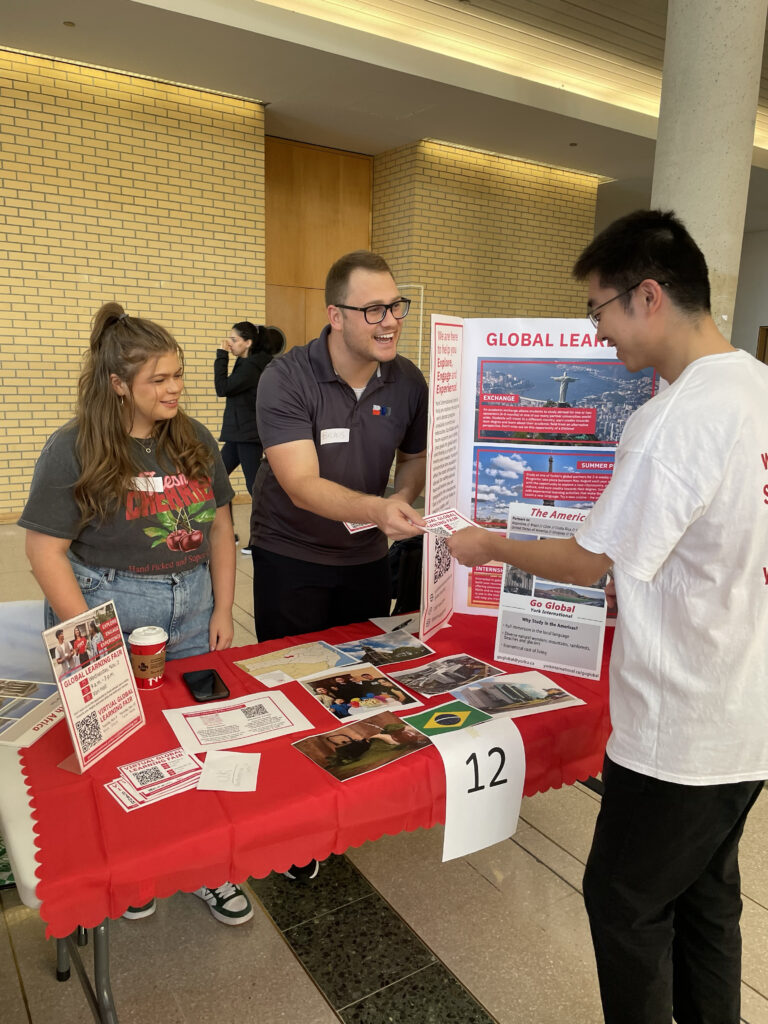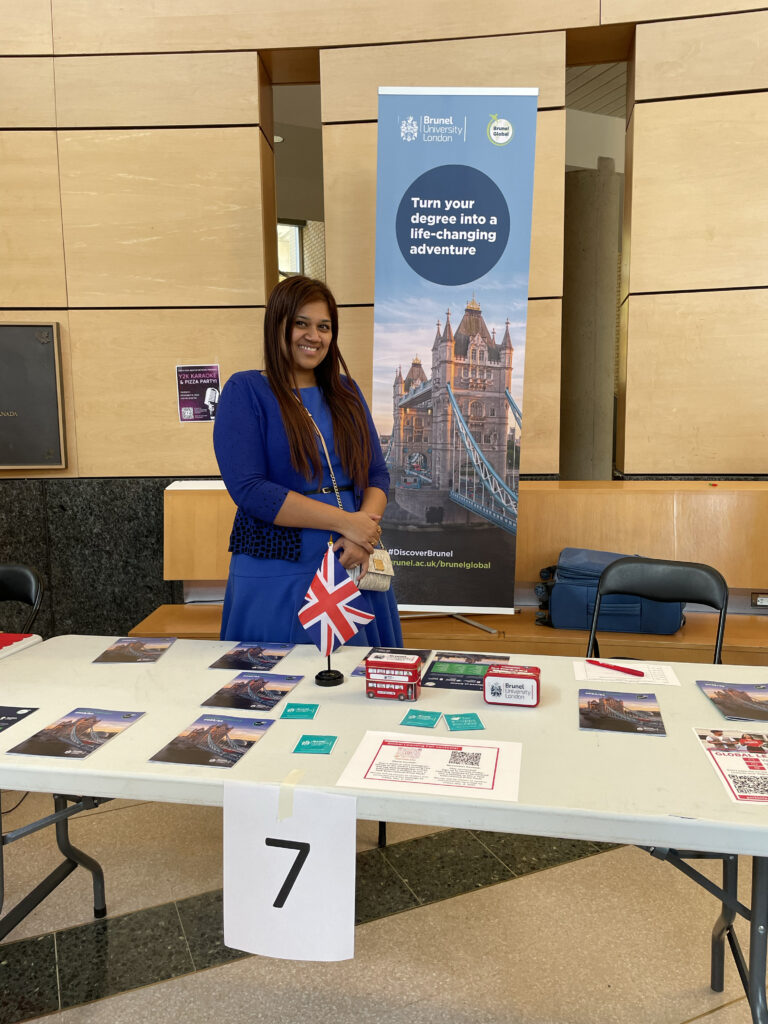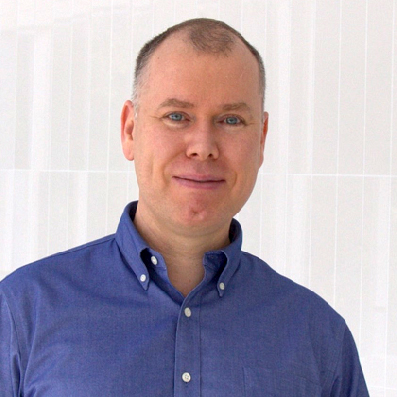By Elaine Smith
The partnership offers a win-win for students at Glendon and the Toronto French School. The collaboration between the two institutions has led to a full-year experiential education (EE) opportunity in the form of a professional work placement course.
When Mallory Nettleton heard about the opportunity to engage students at Toronto French School (TFS) with the outdoors, “It sounded exactly like what I want to do.”
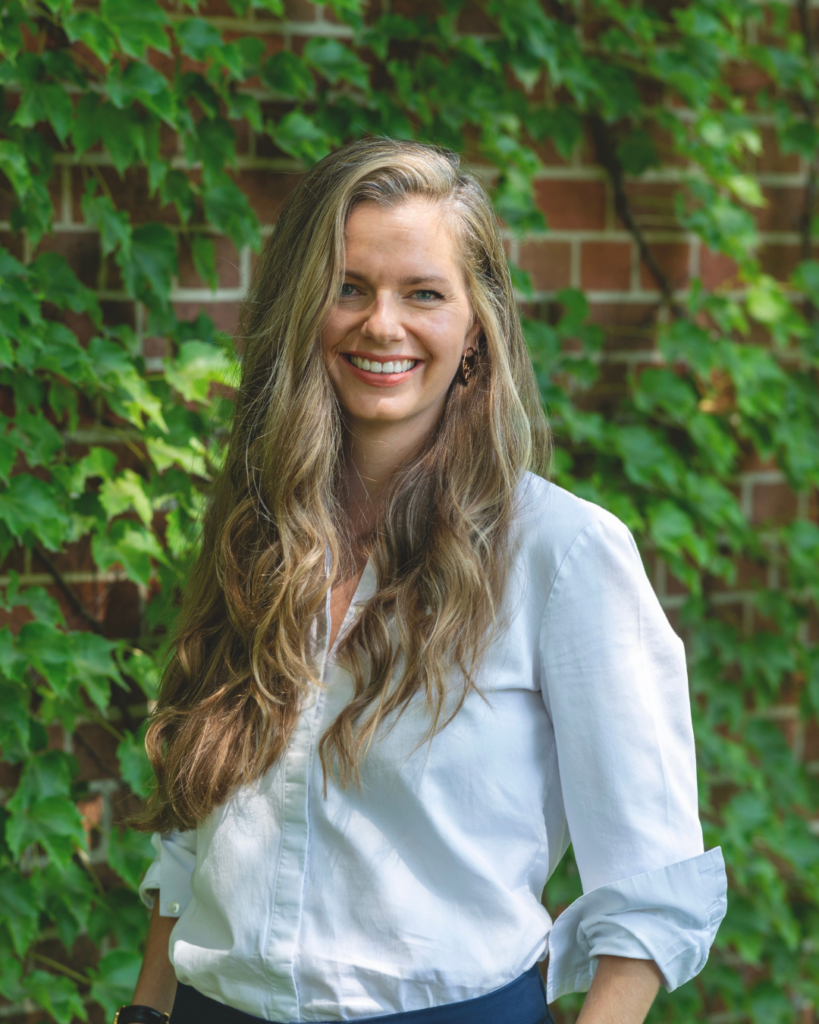
Nettleton, a 2022 Glendon graduate who is now earning her teaching credentials in French immersion and biology, is a strong believer in outdoor education and conservation and immediately contacted Julie Marguet, manager of partnerships and program development for Glendon’s professional development centre, about the Fall 2022 pilot program.
As an attempt to broaden EE opportunities for Glendon students, Glendon approached TFS early in 2022 to see if there were possibilities of working together. TFS was looking at ways to get their students away from their devices and screens and out into nature, and Glendon had students preparing for education careers who were eager for some hands-on experience. The collaboration between the two has led to a full-year professional work placement course that matches Glendon students with TFS faculty to lead activities in what Marguet calls “the outdoor classroom.”
“In the University Academic Plan, York University has highlighted its commitment to ‘attain the goal of providing every student with an experiential learning opportunity, regardless of program,’” Marguet said. “The strong Glendon-TFS alliance answers that call by providing meaningful, work-focused experiential education to all Glendon students through an equitable and accessible multidisciplinary approach.”
It is also part of a larger experiential effort, Projet FranCOnnexion, to support and highlight local francophone EE along Toronto’s Bayview corridor, an initiative supported by Canadian Heritage in collaboration with the Ontario Ministry of Education for Official Language Minority Communities, as well as partners such as Oxford Learning and the Canadian Film Centre.
For their professional work placement, upper-year Glendon students spend eight paid hours each week working with TFS students on outdoor activities that are appropriate for their grade levels. There are scavenger hunts conducted in French that require young students to find items such as one petal and two leaves as a way of teaching numeracy, games based on nature and walks through the nearby ravine system to discuss the local ecosystem. They also required to meet with their professor bi-weekly to hone skills such as leadership and communications that they can use at TFS and throughout their careers and to participate in career modules in collaboration with Glendon’s career centre.
“Through skill awareness, skill acquisition and skill articulation, we want to set our students up for success,” said Marguet.
The outdoor specialists’ pilot began in September 2022 with six students and its success has led to a second, three-credit version that began in January 2023 and is focused on STEM (science, technology, engineering and math) leadership.
“TFS was thrilled to have potential teaching candidates filling these placements,” Marguet said. “We will continue to look for ways to expand and diversify this cherished partnership.”
The project now involves 18 Glendon students although many more applied. Marguet required all applicants to work with the career centre to craft a resume, which she reviewed. She met with each of the applicants and chose a set of resumes to forward to TFS. Their staff selected students to interview, which required an additional student foray to the career centre for guidance about job interviews.
“We want our students, even those who aren’t chosen for the program, to build their career toolbox,” Marguet said.
When asked about the program, Nettleton said, “Honestly, it’s dream job stuff. I’m so inspired to get to work with students outdoors in a natural setting on an ongoing basis. I can’t tell you how much I enjoy being there and how much I’m taking in.
“I’m interested in watching how the teachers I work with manage their classrooms and keep students engaged and it’s great to see the students connect what they’re learning to the bigger picture. It’s exciting to see these processes happen and to discover the different strategies that teachers use for different age groups. To watch the students get passionate about the subjects we’re talking about is absolutely incredible.”




